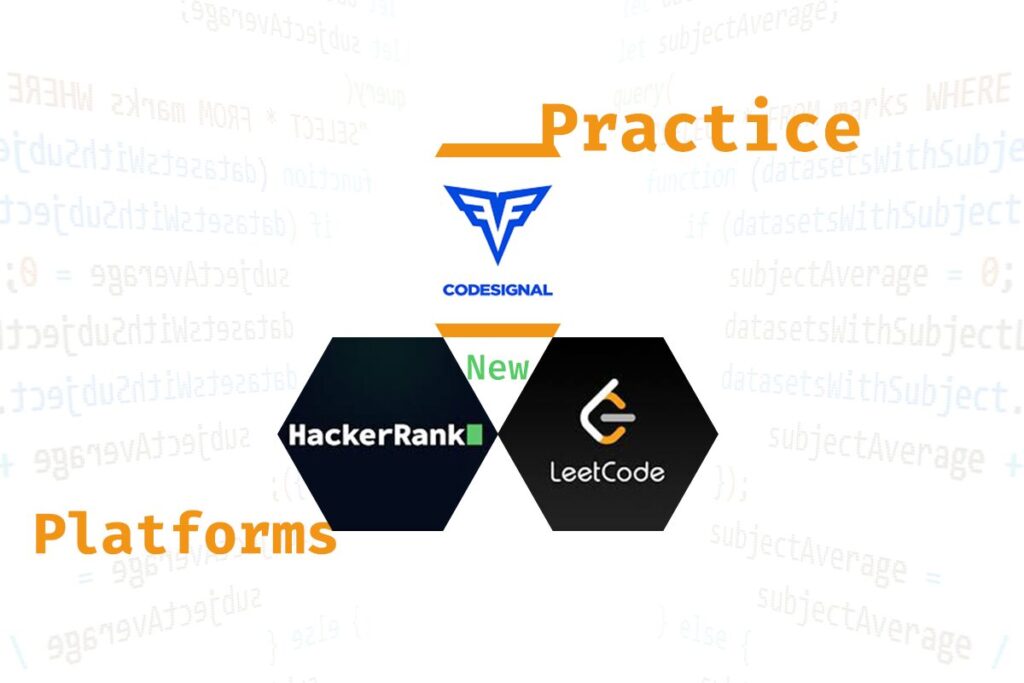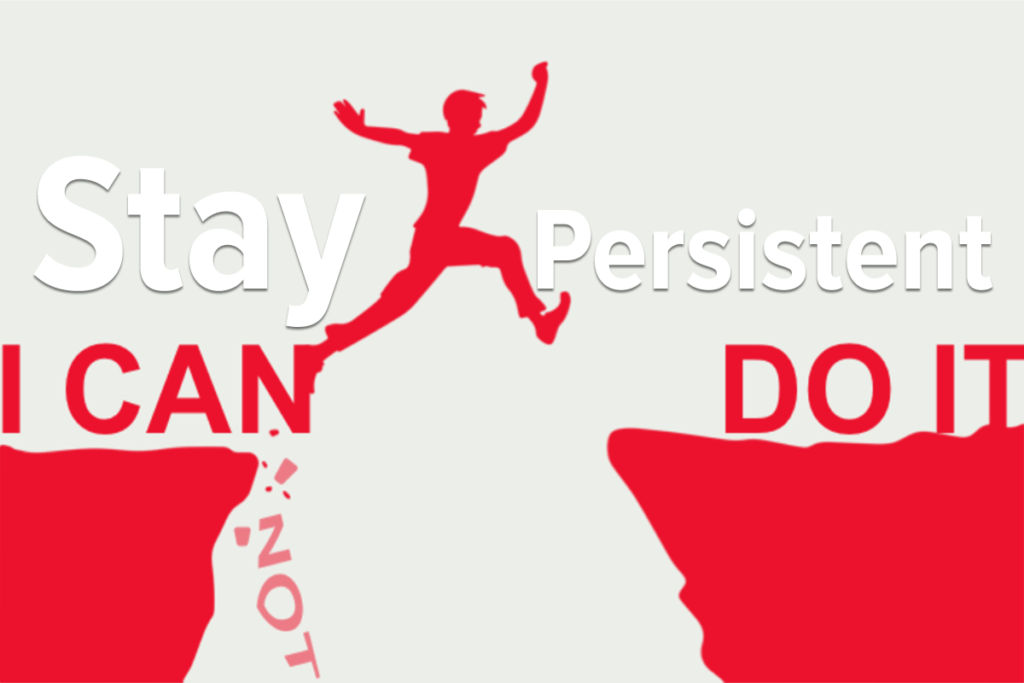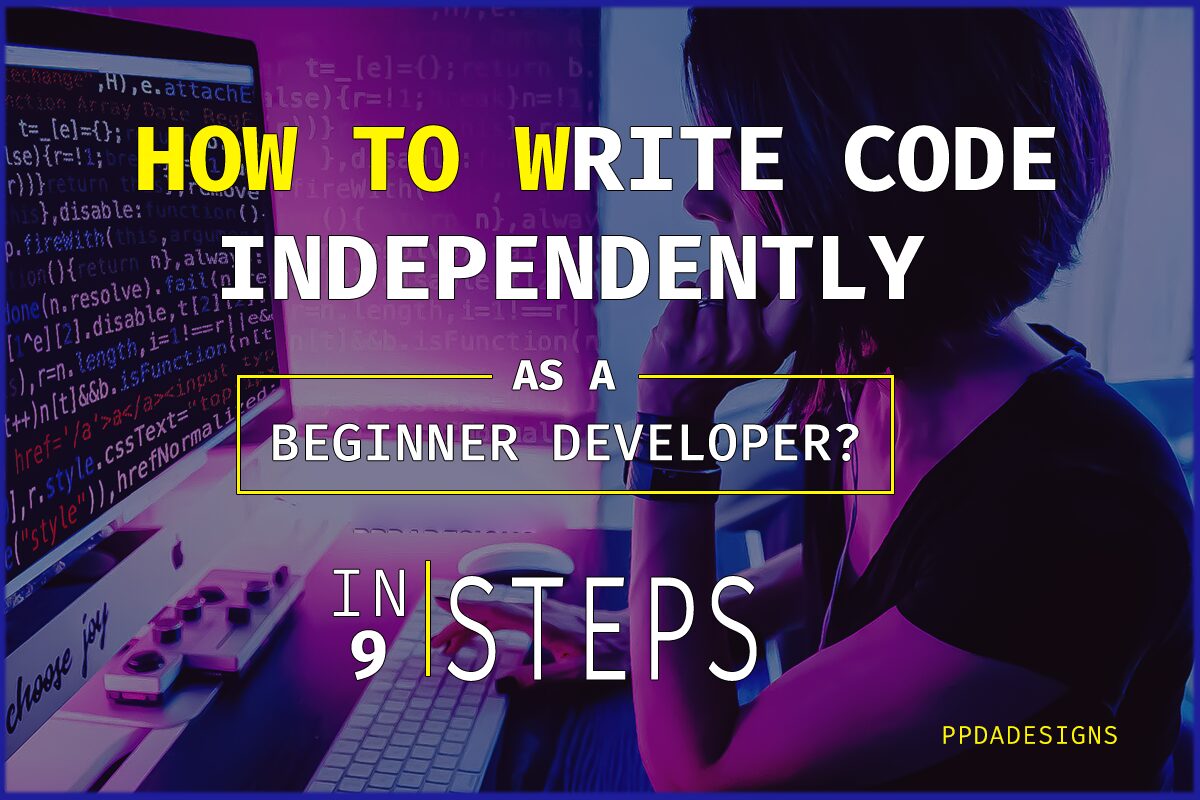In the world of coding, being able to code independently means you can solve problems and create things on your own. It’s like having a superpower! This guide is for beginners who want to learn how to code independently. We’ll start with the basics and work our way up. Whether you’re making a website or a game, coding independently is a weapon. Before diving into further, let’s understand more insight .
Imagine you’re learning a new language, like Spanish or French. At first, it might feel overwhelming, with strange words and grammar rules that don’t seem to make sense. But if you practice speaking and listening every day, even just for a short time, something amazing happens. You start to understand more, and speaking becomes easier.
Coding is a bit like learning a new language, but instead of words and phrases, you’re learning commands and functions that tell computers what to do. And just like with languages, practicing coding regularly can work wonders.

Think of coding as a puzzle. At first, the pieces might seem confusing, and you’re not sure how they fit together. But the more you practice, the more familiar you become with the pieces, and soon enough, you start to see the bigger picture.
Regular practice doesn’t mean spending hours and hours coding every day. Even just a little bit of coding each day can make a big difference. It’s like watering a plant. You don’t need to drench it with water all at once; just a little sprinkle every day keeps it healthy and growing.
When you practice coding persistently, you’re not just learning how to write lines of code independently; you’re training your brain to think like a coder. You start to see patterns and connections that you didn’t notice before, and solving problems becomes more natural.

Let me explain technically;
1) Daily Practice Sessions:
Allocate a specific time each day for coding practice. Consistency is about regularity, so aim to code every day, even if it’s just for 15-30 minutes.

2) Set Clear Goals:
Define what you want to achieve with each coding session. Whether it’s solving a particular problem, completing a small project, or learning a new concept, having clear objectives helps keep you focused and motivated.

3) Use Online Resources:
Utilize online platforms like Codeacademy, freeCodeCamp, or Khan Academy to access structured learning materials and interactive coding exercises. These resources offer a guided approach to learning and are perfect for beginners.

4) Practice Problems:
Solve coding challenges on websites like LeetCode, HackerRank, or CodeSignal. These platforms provide a diverse range of problems categorized by difficulty level, allowing you to practice problem-solving skills and reinforce coding concepts. Also this will help you code independently.

5) Review and Reflect:
Take time to review your code after each session. Look for areas where you can optimize or refactor your code. Reflect on what you’ve learned and how you can apply it in future projects.

6) Seek Feedback:
Don’t hesitate to seek feedback from peers, mentors, or online communities. Code reviews help identify areas for improvement and offer valuable insights from experienced developers.

7) Document Your Progress:
Keep a coding journal or use version control systems like Git to track your progress. Documenting your journey helps you see how far you’ve come and serves as a reference for future learning.

8) Explore New Concepts:
Step out of your comfort zone and explore new programming languages, frameworks, or libraries. Learning new concepts broadens your skill set and enhances problem-solving abilities.

9) Stay Persistent:
Consistency requires patience. There will be days when coding feels challenging or frustrating, but don’t give up. Stay committed to your coding routine, and trust that your efforts will pay off in the long run.

Conclusion:

Consistency is the magical ingredient that turns dreams into reality and also builds confidence. As you see yourself improving a little bit each day, you start to believe in your ability to tackle more significant challenges. It’s like climbing a mountain. You take one step at a time, and before you know it, you’re standing at the top, looking down at how far you’ve come.
By following these 9 steps, you can cultivate a habit of consistency in your coding practice, paving the way for continuous learning and skill development as a budding programmer.
So, if you want to become a great coder, remember this: consistency is key. Make coding a part of your daily routine, even if it’s just for a few minutes each day. You’ll be amazed at how much you can accomplish over time. And who knows? Maybe someday, you’ll be the one teaching others how to code!
Check out this article here https://ppdadesigns.com/how-to-install-fonts-in-vs-code-easy-steps/ if you would like to install new fonts in VS Code. Happy Coding!




I like this piece of knowledge because it seems like very practical and genuine guidance for starting a career as an authentic coder. Thank you so much ppdadesigns. I always follow you. one more time THANK YOU ,THANK YOU……… SO MUCH.